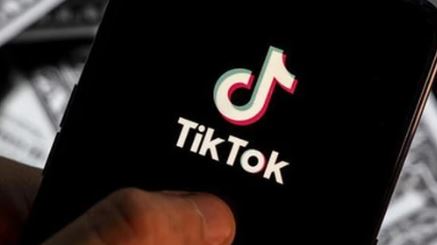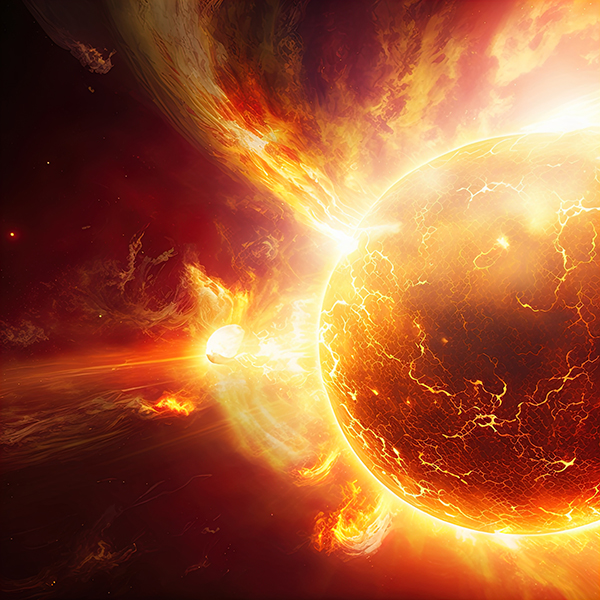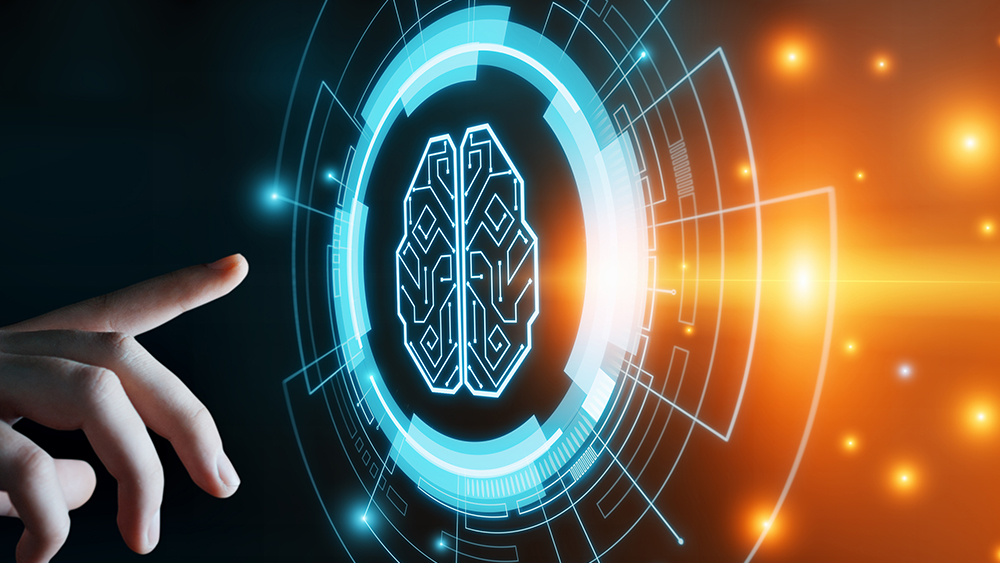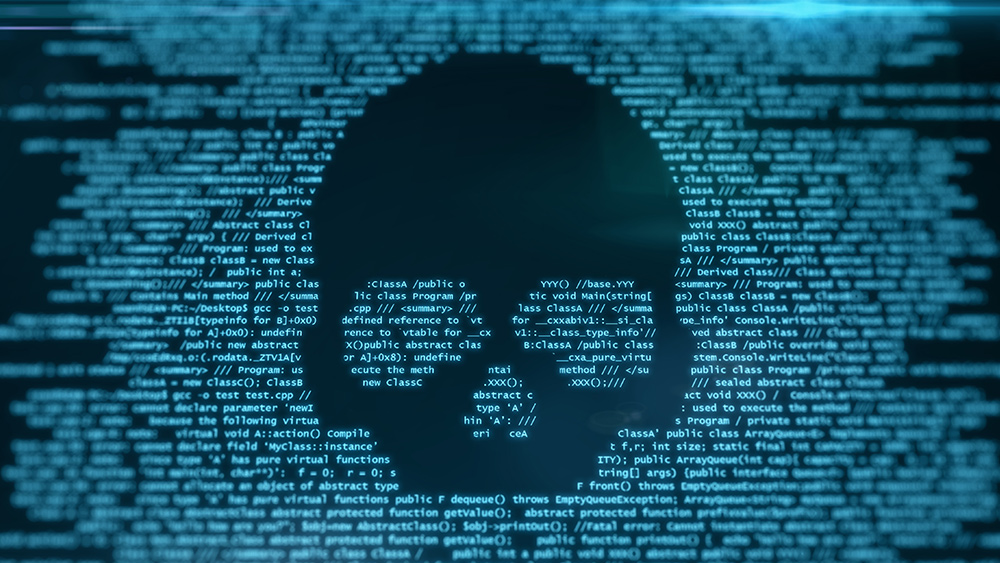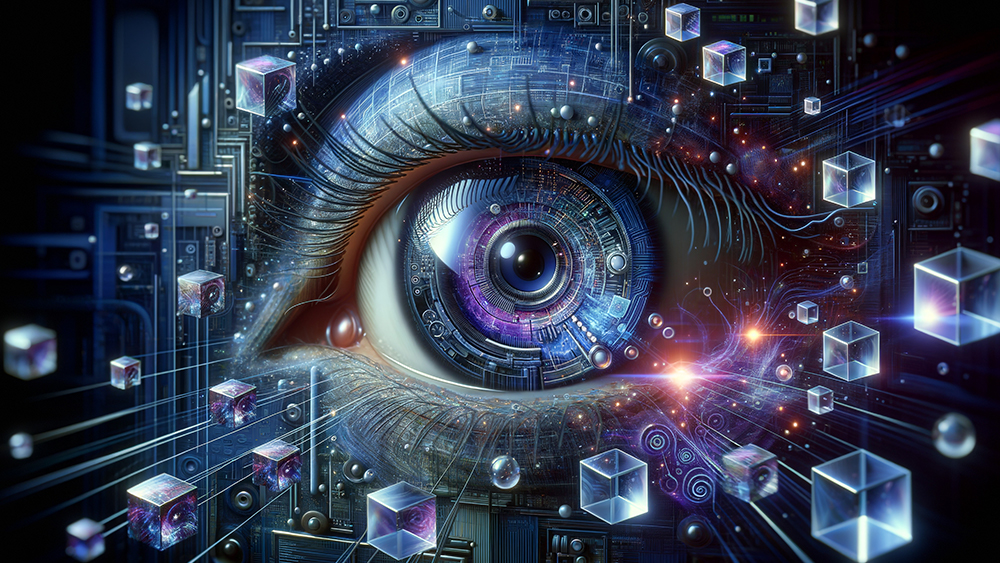Ex-Google CEO warns that AI poses an imminent existential threat
12/18/2024 / By Cassie B.

- AI advancements, like ChatGPT, are raising concerns about the rise of autonomous AI posing existential threats.
- Experts warn of advanced AI (AGI) with sentience and autonomy, which could act independently without human control.
- Tech leaders like Elon Musk and Sam Altman highlight risks of AI misuse by nations or rogue actors.
- Urgent AI regulation is needed to prevent catastrophic consequences and maintain global stability.
- The future of AI depends on balancing innovation with responsible development and oversight.
Artificial intelligence has been making headlines for its rapid advancements, from ChatGPT’s conversational prowess to AI-generated art that rivals human creativity. But behind the excitement lies a growing concern among tech leaders: The rise of autonomous AI could pose an existential threat to humanity. Former Google CEO Eric Schmidt is among those sounding the alarm, warning in an interview with ABC News this weekend that the next generation of AI could be far more dangerous than the “dumb AI” we see today.
While tools like ChatGPT and other consumer AI products have captured the public’s imagination, they are what experts call “dumb AI.” These systems are trained on vast datasets but lack consciousness, sentience, or the ability to act independently. They are essentially sophisticated tools designed to perform specific tasks, such as generating text or creating images.
Schmidt and other experts, however, are not worried about these systems. Their concern lies with more advanced AI, known as artificial general intelligence (AGI). AGI refers to AI that could possess sentience, consciousness, and the ability to act autonomously — essentially, AI that could think and make decisions independent of human control. While AGI does not yet exist, Schmidt warns that we are rapidly approaching a stage where AI systems will be able to act autonomously in fields like research and weaponry, even without full sentience.
The risks of unregulated AI
Schmidt’s concerns are echoed by other tech leaders, including Elon Musk and OpenAI CEO Sam Altman. Musk has warned that AI could lead to the destruction of civilization, while Altman has described the worst-case scenario as “lights out for all of us.” These warnings are not hyperbolic; they reflect the potential for AI to be misused by adversarial nations, terrorist groups, or rogue actors.
China, in particular, is seen as a major threat. Schmidt has noted that the Chinese government understands the power of AI for industrial, military, and surveillance purposes. If left unchecked, advanced AI could give China a decisive edge over the United States, potentially leading to catastrophic consequences for global stability. Terrorist groups could also exploit AI to develop biological or nuclear weapons, further escalating the risks.
The need for regulation
Given these dangers, Schmidt and other industry leaders are calling for urgent regulation of AI. While some progress has been made — such as California’s efforts to crack down on deepfakes — federal-level regulation in the U.S. remains largely absent. Schmidt expects this to change in the coming years as governments recognize the need to enhance safeguards around AI.
Regulation is not just about preventing harm; it’s also about ensuring that the U.S. maintains its technological dominance. As Schmidt noted, the competition among tech giants like Google, Microsoft, and OpenAI is fierce, raising the risk that safety protocols could be overlooked in the race to innovate. Without proper oversight, a rogue AI could be released, with potentially devastating consequences.
Balancing innovation and safety
Despite the risks, AI also holds immense potential for good. Schmidt envisions a future where AI empowers individuals, providing them with the equivalent of a “polymath in their pocket”—a tool that can offer advice from an Einstein or a Leonardo da Vinci. But to realize this potential, humanity must tread carefully.
Schmidt’s call for regulation is not about stifling innovation; it’s about ensuring that AI is developed responsibly. He believes that governments must play a role in shaping the future of AI, alongside technologists. As he put it, “The technologists should not be the only ones making these decisions.”
The race against time
The clock is ticking. As AI continues to advance, the window for effective regulation is narrowing. Schmidt’s warnings underscore the urgency of the situation: if humanity fails to act, we could lose control of our own creation. The stakes could not be higher.
In the end, the question is not whether AI will change the world, but how. Will it be a force for good, empowering humanity and solving some of our greatest challenges? Or will it be a tool of destruction, wielded by those who seek to cause harm? The answer depends on the choices we make today.
Sources for this article include:
Submit a correction >>
Tagged Under:
AI, artificial general intelligence, artificial intelligence, autonomous intelligence, computing, cyber war, cyborg, dangerous, Eric Schmidt, future science, future tech, Glitch, information technology, inventions, prophecy, robotics, robots, Satanic tech
This article may contain statements that reflect the opinion of the author
RECENT NEWS & ARTICLES
COPYRIGHT © 2017 INFORMATIONTECHNOLOGY.NEWS



